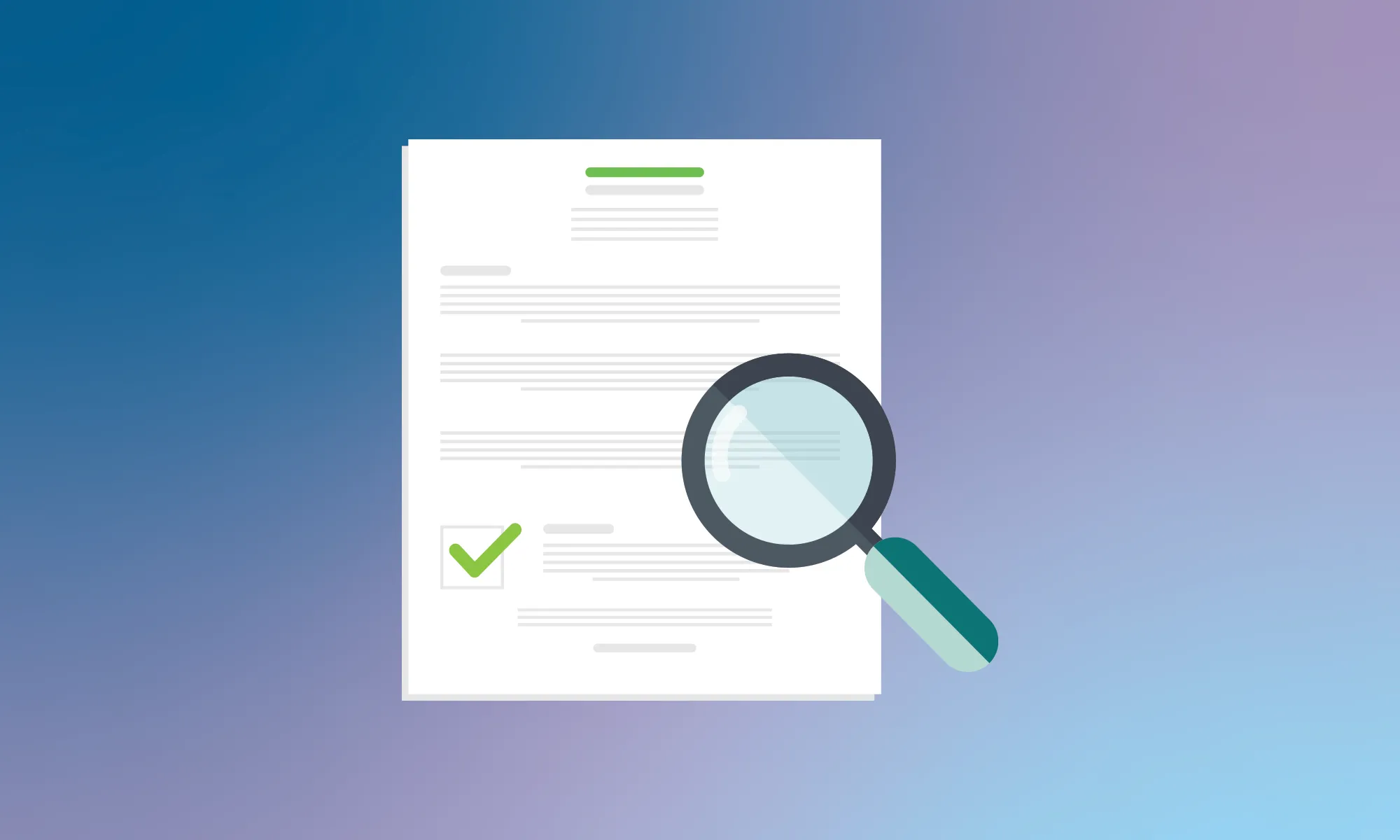Argentina
E-invoicing Guide
Summary
E-Invoicing
B2B, B2G and B2C e-invoicing is mandatory
Digital Reporting
Yes
Argentina Electronic Invoicing and Digital Reporting Requirements
Background
Argentina launched e-invoicing and e-reporting in 2009. Since then, it has become mandatory for an increasing number of taxpayers. From April 1, 2019, all taxpayers registered for VAT, the simplified regime, and exempt entities should issue an e-invoice for any type of transaction and request the authorization code detailed below.
An authorization code (CAE) must be obtained from the tax authority before the invoice can be sent to the buyer. It can be obtained manually through the AFIP website or through Fonoa's API connection.
What Types of Businesses Does This Apply to?
- Taxpayers registered for VAT
- Taxpayers registered under the simplified regime (Monotributo)
- Exempt entities
Governmental Body Responsible for E-invoicing in Argentina
Penalties for Not Adhering to Argentina's E-invoice Mandates
For failure to issue invoices and for failure to keep or incorrectly keeping records, closure for two to six days.
What does the e-invoicing process in Argentina look like?
- Register with AFIP for a CAE (Electronic Authorization Code) certificate to issue invoices. Invoices may only be produced via this login code.
- Invoices can be created either within AFIP’s portal or via adapted accounting or invoice software.
- Invoices are transmitted to AFIP in XML format. They are then provided with a CAE unique number with an expiry date.
- Invoices, once created with AFIP, may then be printed with a QR Code for the customer. The invoice must include the CAE for the customer to validate.
Is SAF-T Needed in Argentina?
No.
E-Invoicing & Global Tax Automation with Fonoa
One way to comply with Digital Reporting Requirements in Argentina is to use a provider like Fonoa.
With Fonoa you can:
- Have one integration for your global needs, including Argentina
- Save time and money by automatically cleaning your data to minimize errors and manual work
- Utilize our validation mechanisms to ensure reporting accuracy, data completeness, full control, and compliance
- Rest assured that transactions are successfully reported or queued for internal investigation with our retry mechanisms
- Get full visibility with our dashboards by filtering criteria, analyzing granular transaction data, and quickly importing /exporting information
Disclaimer on Tax Advice
Fonoa does not provide professional tax opinions or tax management advice specific to the facts and circumstances of your business and that your use of the Specification, Site, and In addition, due to rapidly changing tax rates and regulations that require interpretation by your qualified tax professionals, you bear full responsibility to determine the applicability of the output generated by the Specification and Services and to confirm its accuracy. No professional tax opinion and advice. Fonoa does not provide professional tax opinions or tax management advice specific to the facts and circumstances of your business and that your use of the Specification, Site, and In addition, due to rapidly changing tax rates and regulations that require interpretation by your qualified tax professionals, you bear full responsibility to determine the applicability of the output generated by the Specification and Services and to confirm its accuracy.










